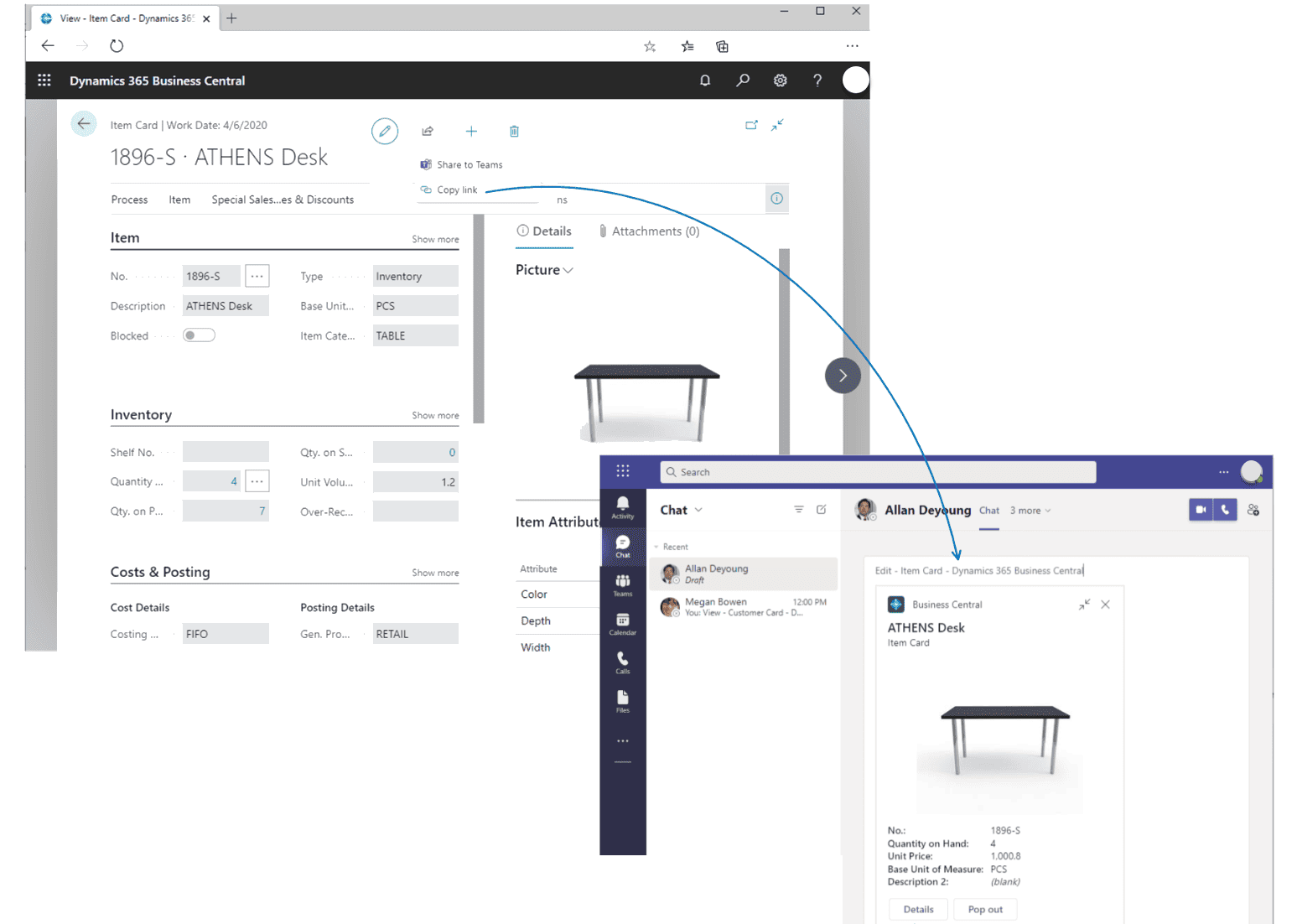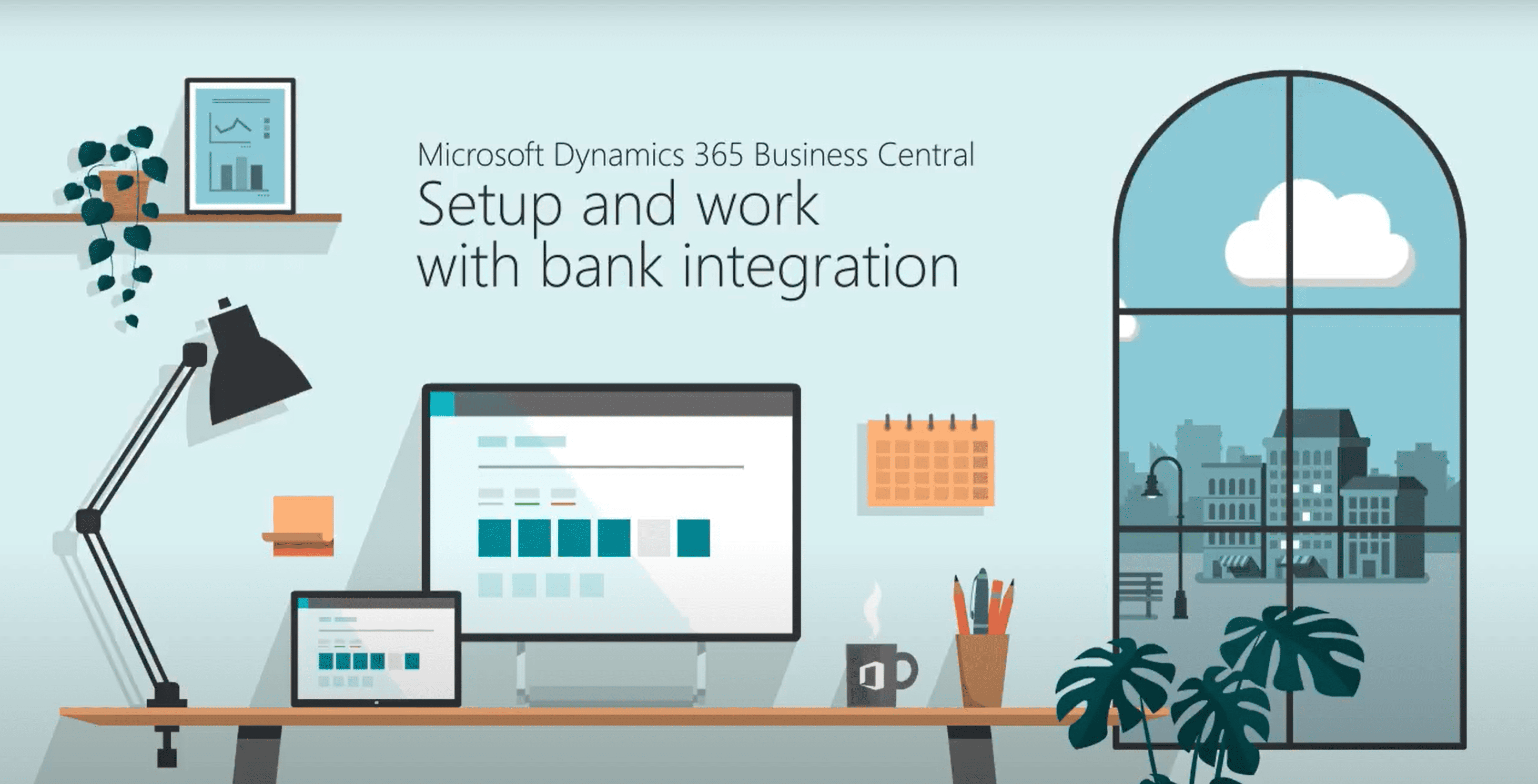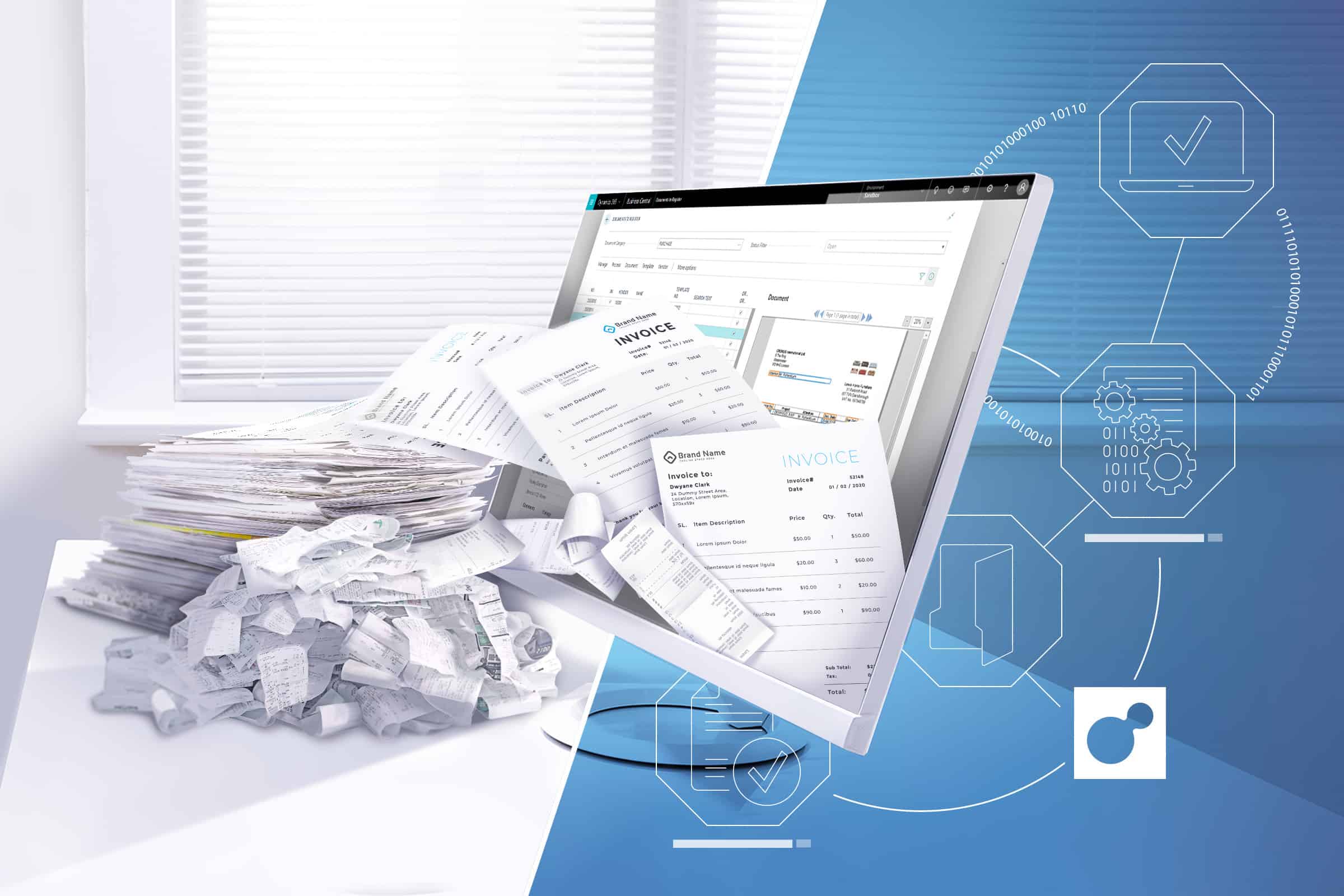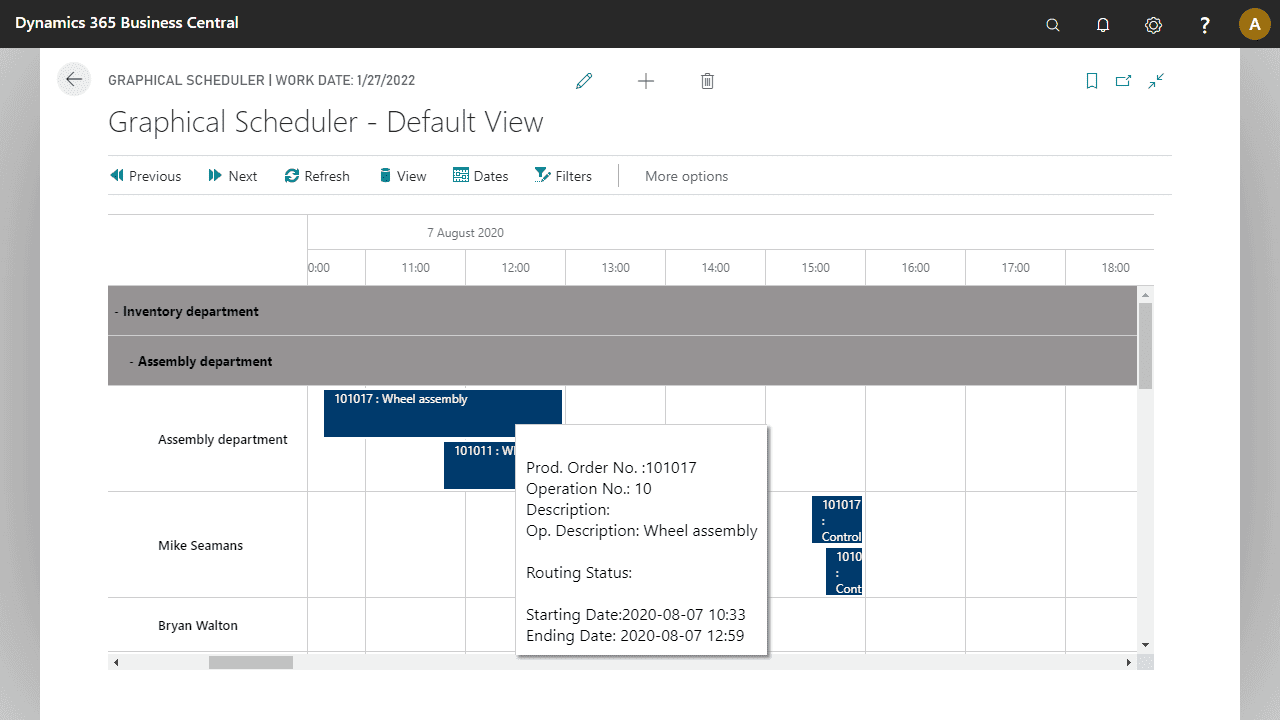As such, the tools they employ must offer more than just operational efficiency—they must provide strategic advantages. Here's why cloud-based ERP solutions are becoming indispensable for forward-thinking CFOs:
1. Strategic Financial Forecasting
With integrated financial analytics, cloud-based ERPs empower CFOs to harness real-time data for predictive modelling. This means more accurate forecasting, enabling proactive decision-making and capital allocation.
2. Agility in a Dynamic Market
The modular nature of cloud ERPs ensures that as market conditions shift, the system can adapt. Whether it's regulatory changes, M&A activities, or global expansion, CFOs can ensure that their financial systems remain agile and responsive.
3. Seamless Integration for Holistic Decision Making
An API-first approach isn't about connectivity—it's about creating a cohesive financial ecosystem. By integrating with third-party tools, CFOs can have a holistic view of the company's financial health, from cash flows to supply chain financing.
4. Risk Mitigation with Advanced Security
In an era of cyber threats, the advanced encryption and tokenization offered by cloud-based ERPs ensure that financial data remains uncompromised. For CFOs, this means peace of mind and reduced risk of financial breaches.
5. Leveraging AI for Competitive Advantage
The AI capabilities of modern ERPs are not just tools—they're strategic assets. From automating routine tasks to identifying financial anomalies, AI can give enterprises a competitive edge in efficiency and innovation.
6. Ensuring Transparency and Compliance
With the potential integration of distributed ledger technology, CFOs can ensure unparalleled transparency in financial transactions—a crucial factor for stakeholder trust and regulatory compliance.
7. Real-time Decision Making
In-memory computing translates to real-time financial insights. For CFOs, this means immediate access to critical financial metrics, enabling timely and informed decisions.
8. Optimized Operational Costs
The serverless computing and auto-scaling features of cloud ERPs ensure optimal resource allocation. This operational efficiency can lead to significant cost savings—a key metric for any CFO.
The end of the fiscal year is approaching, and there's a potential acquisition on the horizon. With a cloud-based ERP, you can instantly pull up consolidated financial reports from various regions, run acquisition impact simulations, and integrate data from the potential acquisition—all in real-time. This capability can be the difference between a successful strategic move and a missed opportunity.
In essence, for the modern CFO, cloud-based ERP solutions are not just about digitization—they're strategic enablers, driving growth, innovation, and competitive advantage in today's dynamic business landscape.









